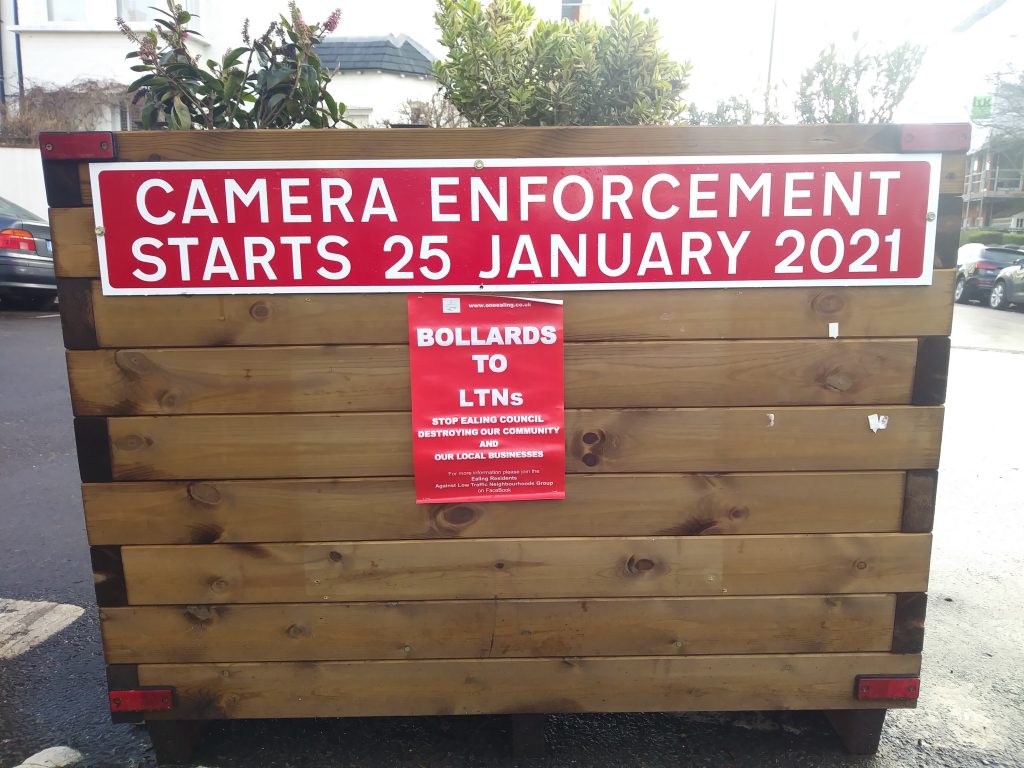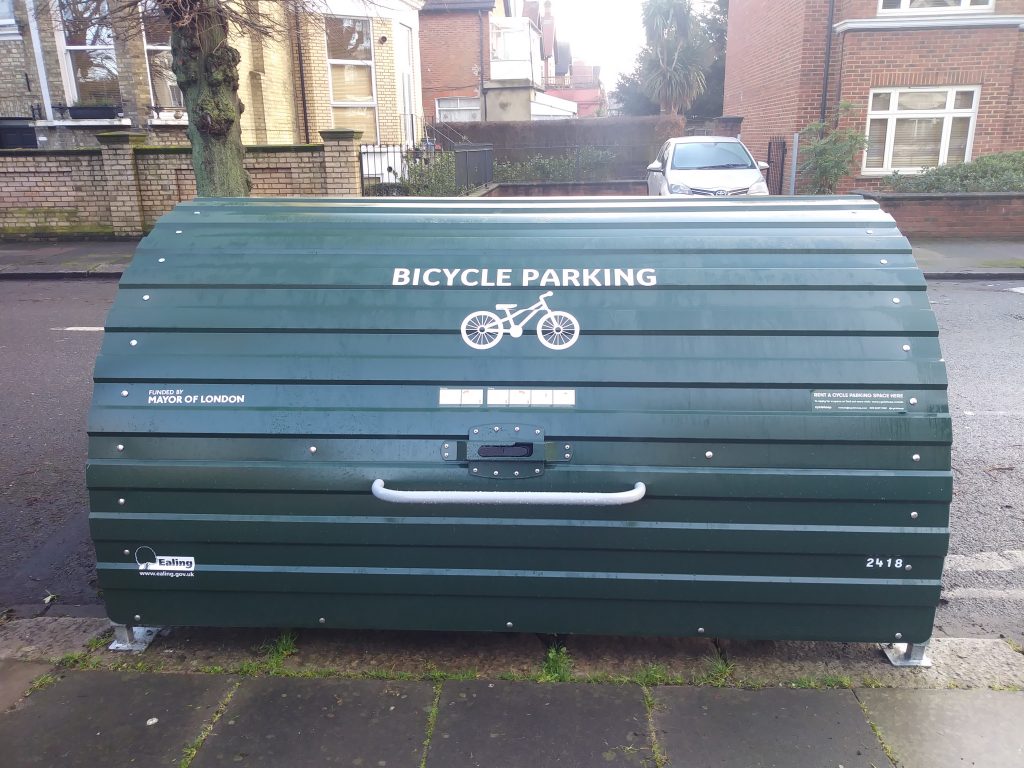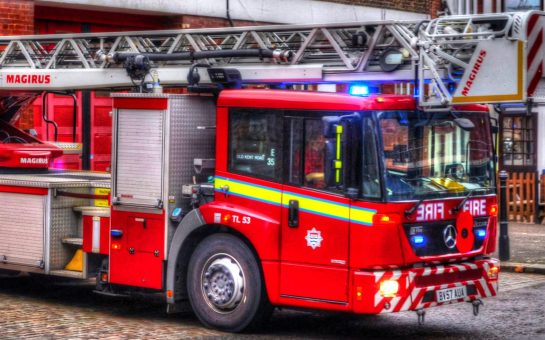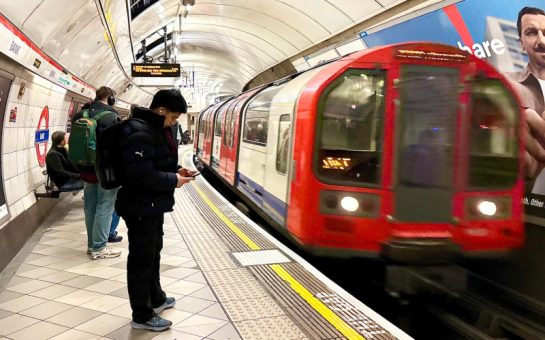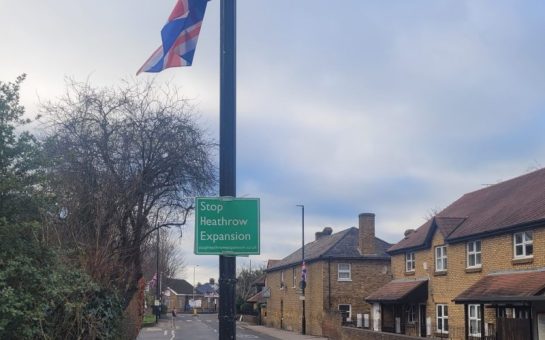Cycling groups that encourage inclusivity and representation have seen increased membership, as the demographic of those embracing two wheels in the capital has shifted over the last couple of years.
Women and BAME cyclists are challenging stereotypes, and ‘MAMILS’ – Middle-Aged Men In Lycra – are no longer the main group making up the growing number of cyclists in the capital.
This has been highlighted by the pandemic, which significantly changed the UK’s attitude to travel, resulting in more people than ever catching the cycling bug.
Andy Edwards, who wrote the 2019 Diversity in Cycling report, said: “There was already a shift underway in 2019, but that accelerated in 2020, partly it seems due to COVID and partly in the wake of the death of George Floyd.
“The whiteness of cycling was brought into sharp focus, and that galvanised a lot of people to do something. This whole thing is driven at the grassroots level and London is at the epicentre.”
The Diversity in Cycling report was created in reaction to seeing more riders from black and Asian backgrounds in London, but not necessarily in cycling clubs or represented in the cycling media.
Consumer research carried out by #BikeIsBest in September 2020, showed new cyclists were twice as likely to be from a BAME group and women were also twice as likely to get on a bike during the pandemic, with new cyclists 59% male and 41% female.
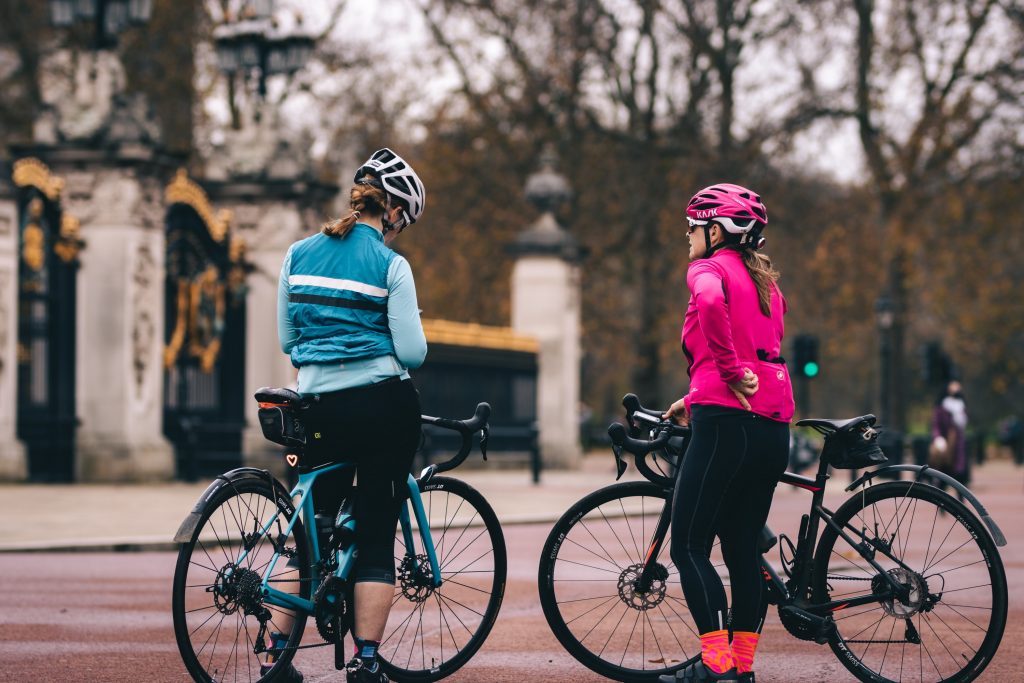
RideFest is an example of a cycling group, grown out of south London, that has fostered an inclusive environment, with predominantly black and Asian riders and a 50:50 gender split.
Founding member Richard Liston said: ” We make it clear we promote and encourage inclusivity and our membership has created a safe place for people to come and not be judged.
“It’s different, and not the testosterone-fuelled environment that’s typical in a cycling club.”
RideFest first met in Richmond Park in 2016 with a small group and now has a membership of 150.
They have organised virtual rides, coaching, and Q&A sessions to stay connected through lockdown.
Liston added: “We’re not racers, but if you combine health and the social aspect then it’s the perfect activity.”
Cycle Sisters, also founded in 2016, is a charity inspiring and enabling Muslim women to get on bikes with community cycle groups across London.
Interest in their groups has increased at a steady pace, and they have found many of their riders have started cycling independently more since the pandemic.
Khadijah Zaidi, Trustee and Ride Leader for Cycle Sisters said: “This has always been a goal of ours – to use our group rides to encourage people to cycle more in their own lives.
“Many of our riders want to join a group where the way they dress is not an issue, and where rides are sociable and supportive and not competitive with people only dressed in lycra.
“Muslim women are seeing others they know taking up cycling, and in turn they get tempted to take it up and soon get the cycling bug!”
Zaidi commented that a lot of their riders started cycling because of the unique and welcoming environment the groups offered and as a safe and healthy way to get around.
There was a reported 189% increase in people going out for exercise from May to July 2020 compared to 2019, according to The National Travel Survey (NTS) by the Department of Transport.
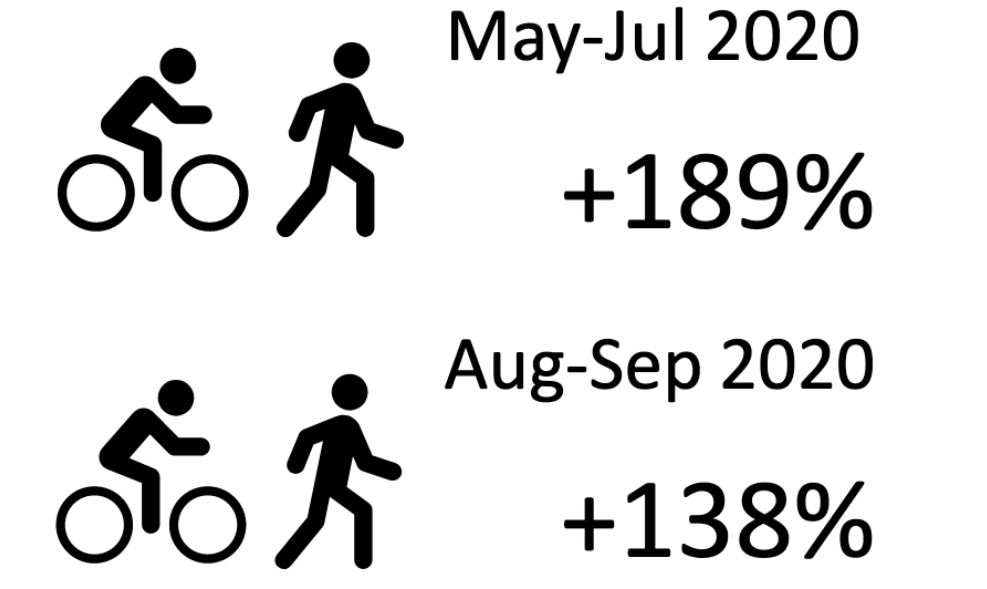
Furthermore, 94-95% of respondents said they were likely to continue walking or cycling more after travel restrictions and social distancing are removed.
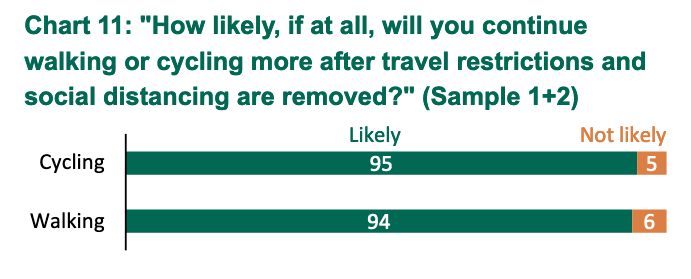
FUTURE FIT: Department of Transport NTS, published January 2021
Grassroots groups are important to reflect diversity in the cycling world, but accessibility is also key to creating inclusive spaces to bike in the city.
Zaidi highlighted that many of the barriers the women in Cycle Sisters faced are also experienced by other groups, mainly as a result of inaccessibility.
These included: lack of good, linked-up infrastructure, fears of safety, lack of a bike or space to store a bike, as well as a lack of role models and suitable groups.
Ealing Council has taken some steps to foster an inclusive cycling community, such as organised free bike checks with Dr Bike, which take place on Saturdays in Ealing Broadway.
A spokesperson for the Ealing STARS, a Transport for London community project, said they currently support 13 schools in Ealing to deliver School Streets, where roads near schools are shut at opening and closing times to encourage cycling, walking and scootering.
Other initiatives to encourage active travel, such as the Low Traffic Neighbourhood (LTN) schemes, have faced mixed reactions from residents.
Similar schemes are in place across south west London, with Merton leading the way for school streets and LTNs receiving mixed reactions across Lambeth, Kingston and Wandsworth.
A Cycle Sisters Hounslow group was established in July 2020, and will formally launch after lockdown restrictions end and it is safe to resume group rides.
You can connect with Ridefest on Strava, Facebook and Instagram.
